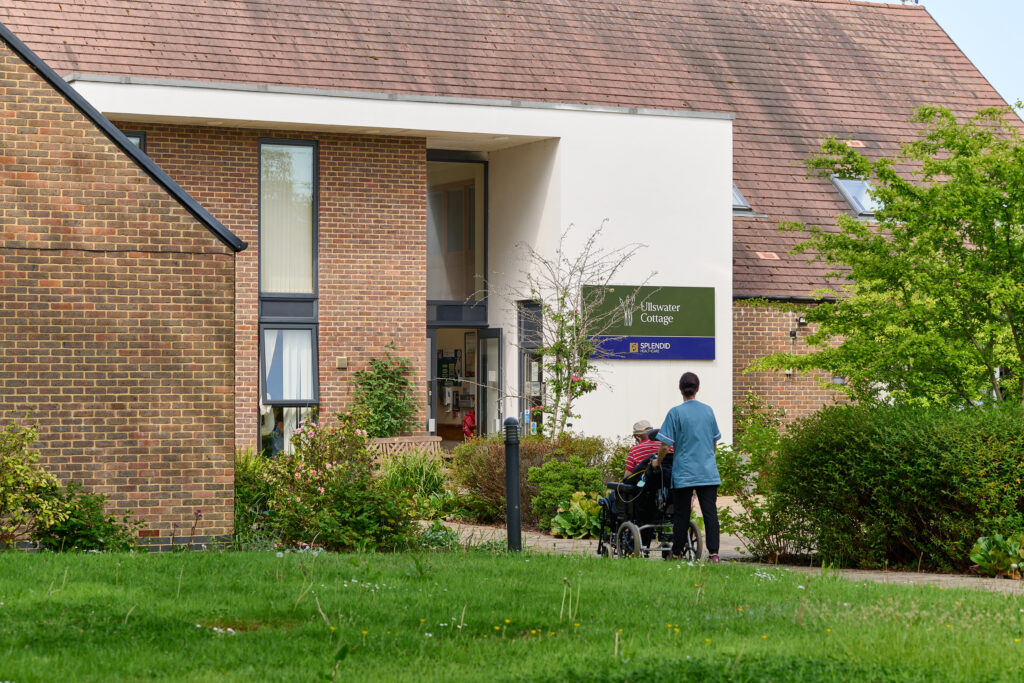When someone you love is diagnosed with a neurological condition, it can feel overwhelming. Life may suddenly change in ways you were not prepared for, and you might find yourself navigating unfamiliar medical terms, care needs, and emotional challenges. It is completely natural to feel uncertain about how best to help.
At Ullswater Care, we work closely with families every day, supporting them as they adapt to new realities and helping them feel confident about the road ahead. This guide is designed to offer practical advice and reassurance on supporting a loved one with a neurological condition, while also caring for yourself along the way.

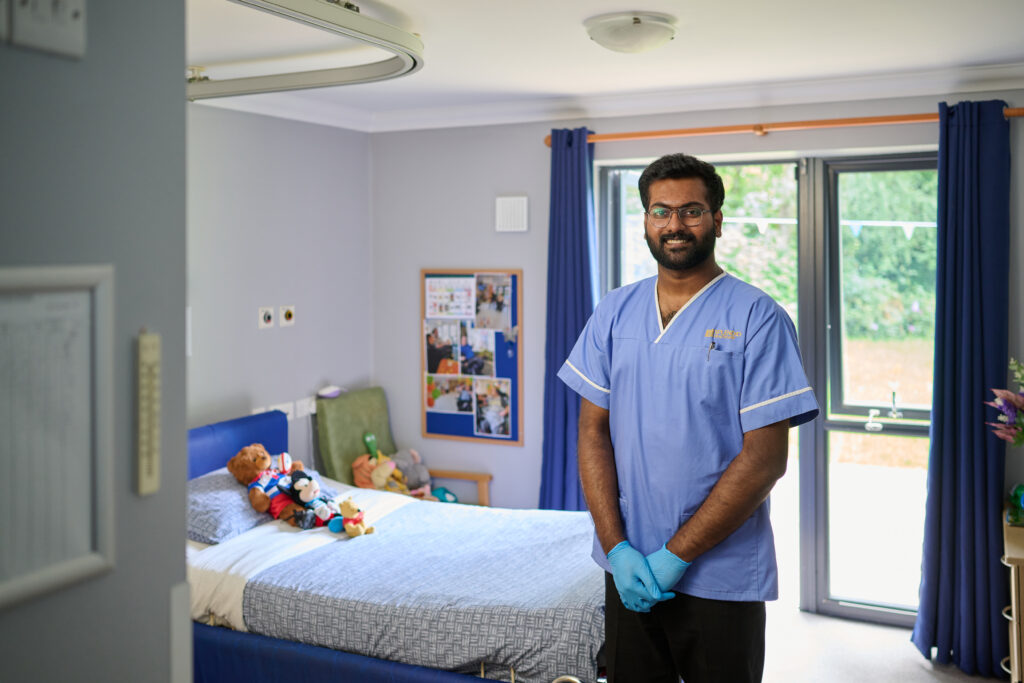
Understanding Neurological Conditions
Neurological conditions affect the brain, spinal cord, and nervous system, and they can vary widely in how they impact an individual. Some conditions, such as Parkinson’s disease, multiple sclerosis, or motor neurone disease, progress gradually over time. Others, such as brain injuries or strokes, may occur suddenly and require ongoing rehabilitation.
Each person’s experience is unique, and their needs can change over time. They may face physical challenges such as mobility issues or muscle weakness, cognitive changes such as memory loss or difficulties with speech, and emotional effects like anxiety, frustration, or mood changes. Understanding that these changes are part of the condition, and not a reflection of the person’s character, is an important first step in providing meaningful support.
Communicate with Compassion and Patience
Communication is often one of the first areas affected by neurological conditions. Your loved one might struggle to find words, process information, or express how they feel. These changes can be frustrating for them and for you.
Patience and empathy are key. Give them time to respond, keep language simple and clear, and use gestures or visual cues if they help. Try not to finish sentences for them or rush the conversation. Even small efforts to adapt your communication style can make a big difference to how supported and respected they feel.
If speech and language therapy is part of their care plan, ask the therapists for tips you can use at home. This consistency helps your loved one feel more confident and engaged.


Encourage Independence Where Possible
It is natural to want to step in and help when someone is struggling, but encouraging independence is an important part of maintaining dignity and self-esteem. Simple tasks like choosing what to wear, preparing part of a meal, or taking part in daily routines can provide a sense of purpose and control.
Adapting the home environment can also make daily life easier. Small changes, such as installing grab rails, using adaptive utensils, or rearranging furniture to improve mobility, can empower your loved one to do more for themselves safely.
Look After Your Own Wellbeing Too
Caring for someone with a neurological condition can be emotionally and physically demanding. Many family carers focus so much on their loved one’s needs that they neglect their own health and happiness. However, your wellbeing is just as important.
Take regular breaks, seek support from friends or support groups, and speak openly about how you are feeling. Respite care services, such as those offered at Ullswater Care, can provide short-term support for your loved one, giving you time to rest and recharge. Looking after yourself is not selfish. It enables you to continue offering the best care and support in the long term.
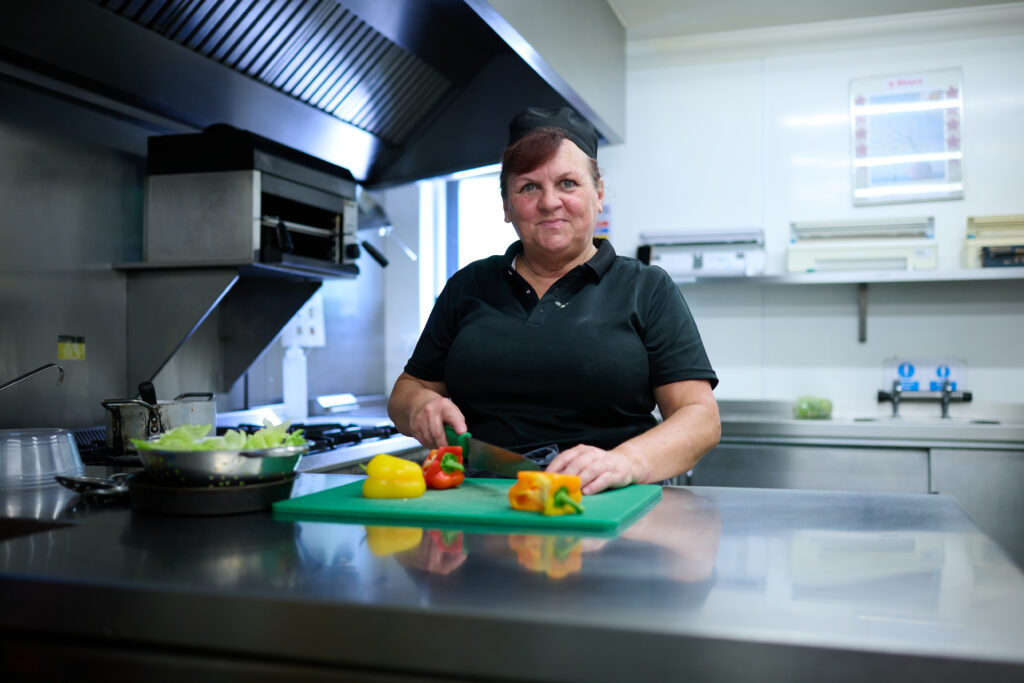

Build a Strong Support Network
You do not have to face the challenges of a neurological condition alone. Building a network of support around you and your loved one can make a huge difference. Healthcare professionals, specialist care providers, therapists, and support groups can all provide guidance, encouragement, and practical help.
At Ullswater Care, we believe families are an essential part of the care team. We work closely with loved ones to ensure they feel informed, involved, and supported throughout every stage of care. Whether it is attending care plan meetings, discussing therapy progress, or simply talking through concerns, you are always included in the journey.
Consider Specialist Neurological Care
Some neurological conditions require care that goes beyond what is possible at home. Specialist neurological care homes are designed to support people with complex needs, offering advanced clinical expertise, tailored therapies, and facilities that promote safety and independence.
Choosing a dedicated neurological care centre like Ullswater Care means your loved one benefits from a team that understands their condition deeply and can adapt support as their needs evolve. It also gives families peace of mind, knowing that their loved one is receiving the highest standard of care in a compassionate and understanding environment.
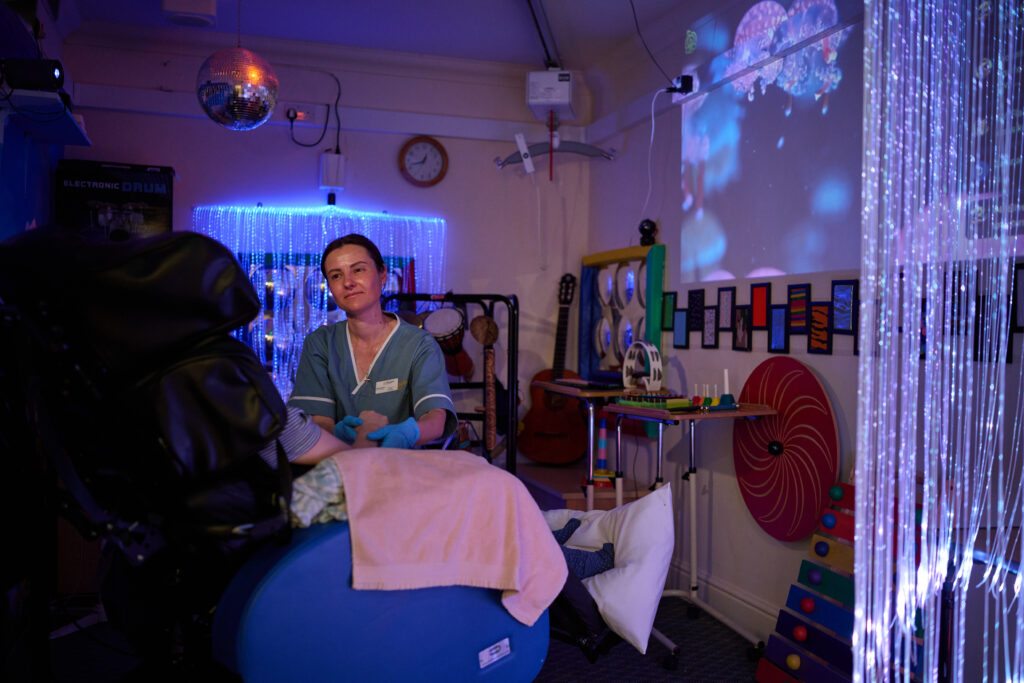
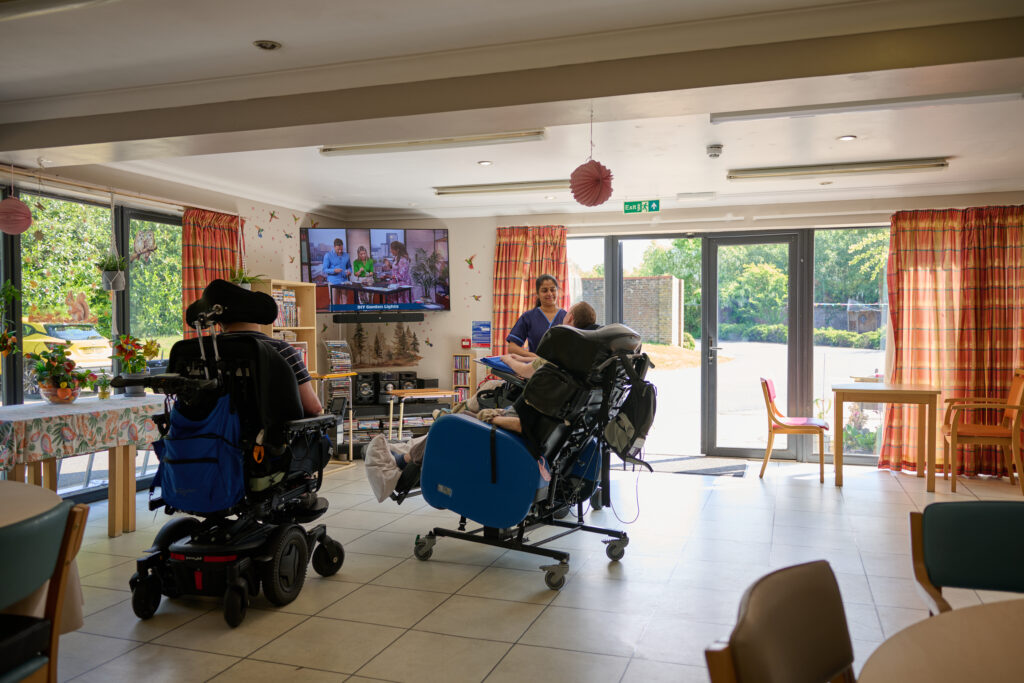
Focus on Quality of Life
Supporting someone with a neurological condition is about more than managing symptoms. It is about helping them enjoy life, find joy in small moments, and stay connected to the people and activities they love. Encourage social interaction, celebrate progress, and create opportunities for meaningful experiences, no matter how small.
Even as abilities change, your loved one’s sense of self, personality, and worth remain. By focusing on quality of life and maintaining emotional connection, you can help them live each day with dignity and purpose.
A diagnosis of a neurological condition changes life for both the individual and their family, but it does not mean facing the future alone. With the right knowledge, support, and care, families can navigate these challenges with strength and confidence.
Start A New Journey With Ullswater Care Centre
At Ullswater Cottage Care Centre, we are here to support you every step of the way. Our specialist neurological care services are designed to provide expert care while helping families feel involved, informed, and reassured.
If you would like to learn more about how we support people with neurological conditions and their families, get in touch with our friendly team today. We are here to help you find the right care and create a brighter, more supported future for your loved one.
